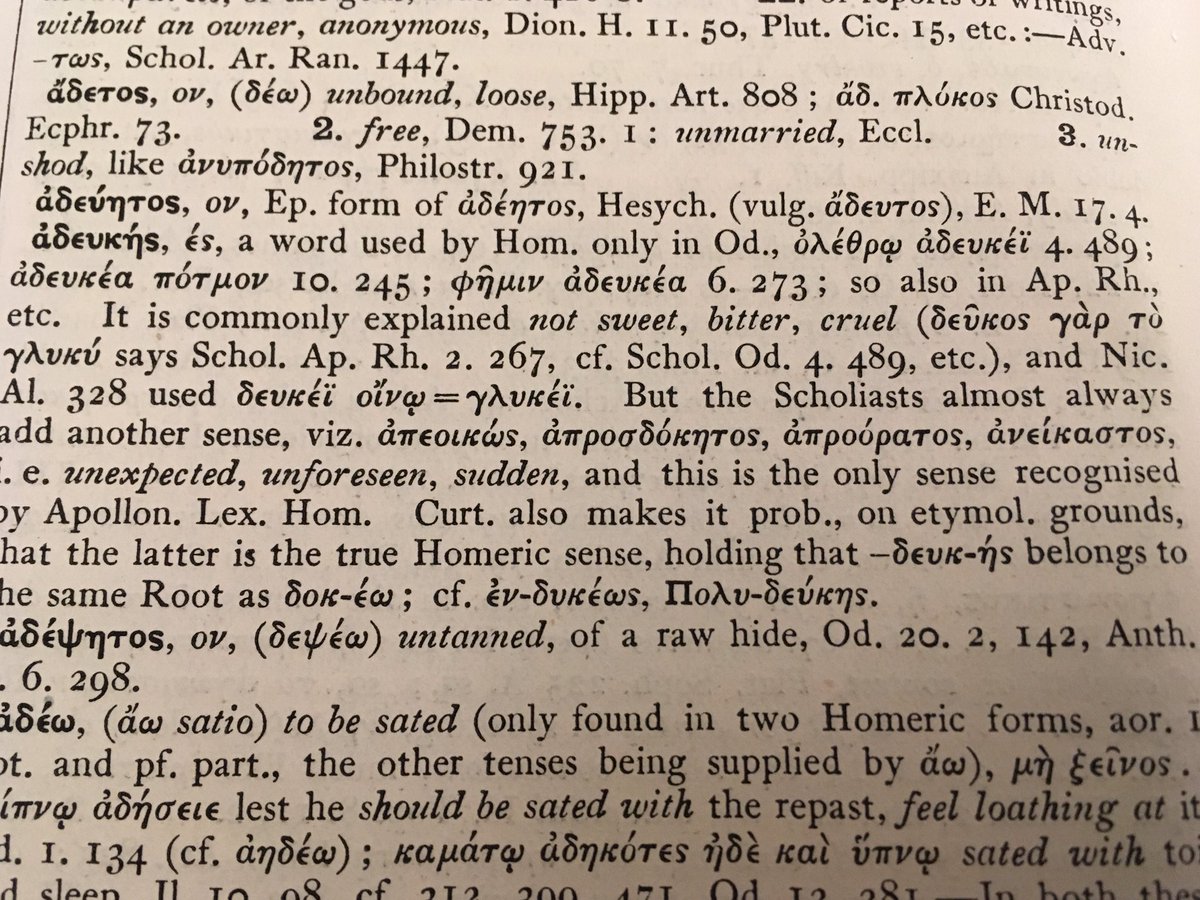Arguably there are many biblical texts which present God or Christ as superintending every particular (Col. 1:17; Heb. 1:3).
However, God is not presented as standing in an equal relationship to all things.
We start with the sheep and the goats of Matthew 25:
‘Come, you who are blessed by my Father, inherit the kingdom prepared for you from the foundation of the world. …' (Matthew 25:34)
‘Depart from me, you cursed, into the eternal fire prepared for the devil and his angels.' (Matthew 25:41)
1) 'Come' vs 'Depart from me'. The prepositional phrase in the latter emphasizes separation.
2) 'you who are blessed by my Father' vs 'you cursed'
The agent is named only in the positive case.
This is one way the narratives connect blessing more closely with God than cursing.
The sheep are told to go to a good thing prepared for them; the goats are told to go to a bad thing prepared for others (the devil and his angels).
At one level there is perfect symmetry in 9:13 between God loving Jacob and hating Esau. However, we will see that perfect symmetry is not maintained.
“I will have mercy on whom I have mercy, and I will have compassion on whom I have compassion.”
Likewise 9:16 only the positive 'mercy'.
This clearly indicates that Pharaoh's fate is collateral (we can debate this word) to the divine intention of announcing his name. The bad effect on Pharaoh was not the intent.
9:22 then goes into a hypothetical scenario 'What if...'
In the 'What if ...' sentence God's intention was to show his anger / power, but some things gave him no pleasure.
Moreover, these were 'vessels of anger prepared for destruction'. The verb prepare could here be passive (as I take it, because of the contrast with the following verse).
Asymmetrical frequency
Immediate vs mediated actions
Active vs passive
Things God delights in vs things he tolerates / dislikes
Asymmetry of purpose
Explicitly pre-cosmic vs not explicitly pre-cosmic
Agent named vs agent not named
Divine presence vs absence
Different biblical authors may depict this asymmetry of purpose in different ways.
Biblical terms like 'elect' are only used positively. Sometimes theologians like to create parallels, but doing so can also upset the careful balance of biblical terms.







